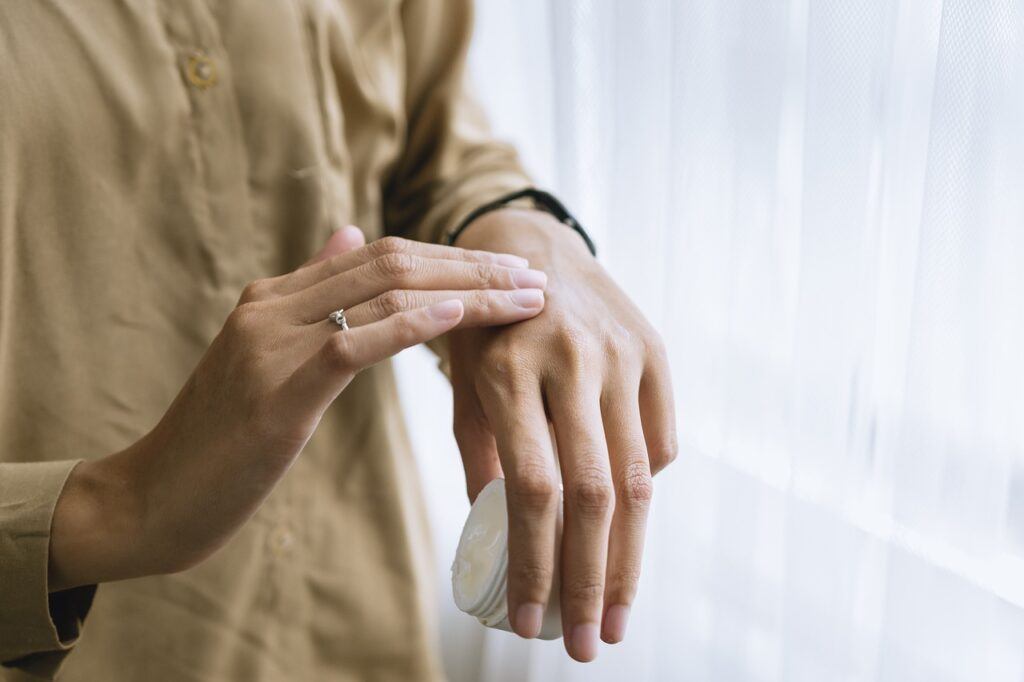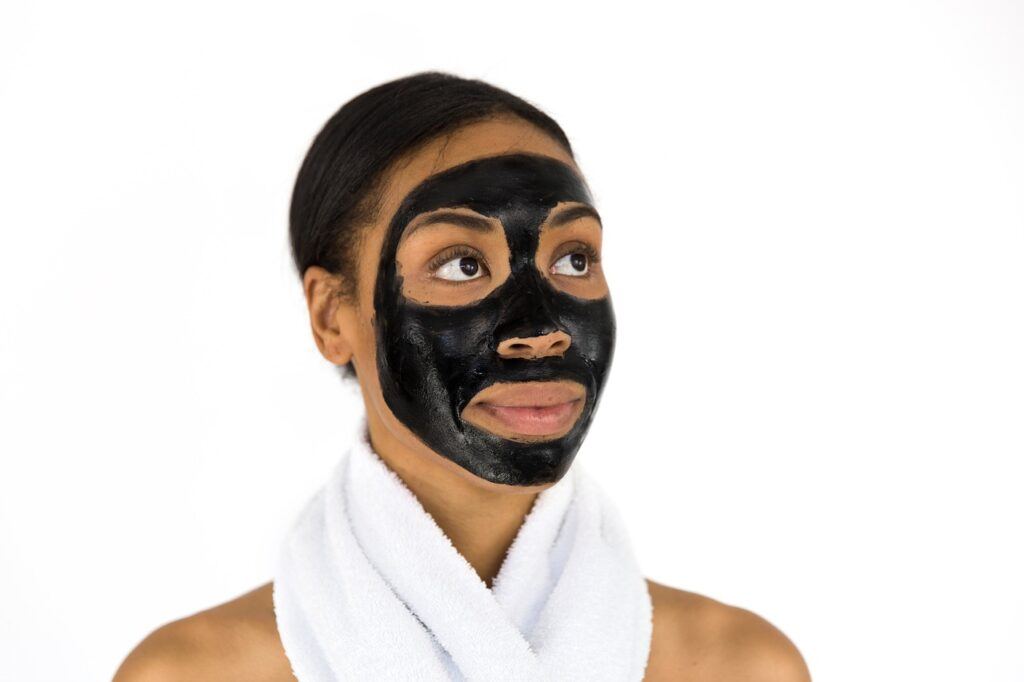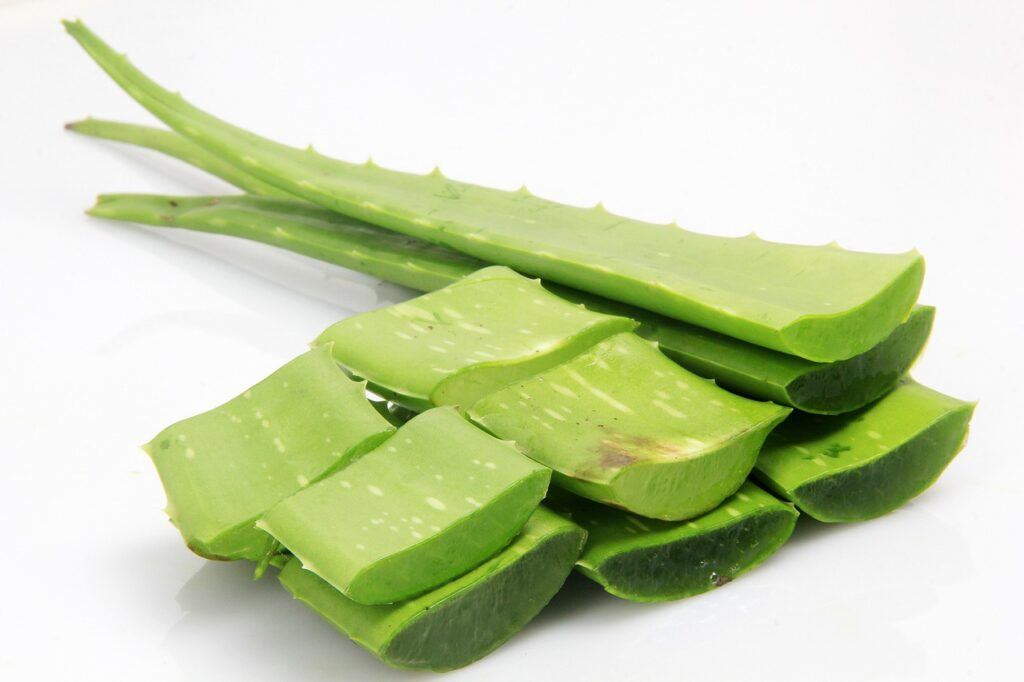In our step-by-step guide on how to get rid of dark spots using natural ingredients, we will explore the best remedies for skin care. Dark spots on the skin can be caused by various factors such as sun exposure, aging, and hormonal changes. The purpose of this guide is to provide you with easy-to-follow steps to naturally lighten and diminish these dark spots, using ingredients that you may already have at home. By following our tips and techniques, you can achieve a more even and radiant complexion without the use of harsh chemicals.
Identify the cause of dark spots

To understand the different factors that can contribute to the formation of dark spots, such as sun exposure, hormonal changes, or skin trauma, we need to examine each potential cause individually. Firstly, prolonged exposure to the sun’s harmful UV rays can lead to an overproduction of melanin in certain areas of the skin, resulting in dark spots. Secondly, hormonal changes, particularly during pregnancy or menopause, can also trigger an increase in melanin production, leading to the development of dark spots. Lastly, skin trauma, such as acne or injury, can cause inflammation and pigmentation changes, resulting in the appearance of dark spots. By identifying these underlying causes, we can better understand how to effectively treat and prevent dark spots.
Use lemon juice
Apply freshly squeezed lemon juice to the dark spots using a cotton ball. Gently rub the cotton ball onto the affected areas, making sure to cover them completely. Leave the lemon juice on for 10-15 minutes to allow its natural bleaching properties to work. Finally, rinse off the lemon juice with cool water and pat your skin dry. Repeat this process regularly to see gradual lightening of the dark spots over time.
Extract the gel from an aloe vera plant and apply it directly to the dark spots. Leave it on for 30 minutes before rinsing off. The soothing and healing properties of aloe vera can help fade dark spots.
Try apple cider vinegar
- Mix equal parts of apple cider vinegar and water.
- Apply the mixture to the dark spots using a cotton ball.
- Let it sit on the skin for a few minutes.
- Rinse off the mixture.
- Apple cider vinegar helps exfoliate the skin and can lighten dark spots.
Use turmeric
To use turmeric for reducing dark spots, create a paste by mixing turmeric powder with milk or honey. Apply the paste directly to the dark spots and leave it on for 15-20 minutes. Afterward, rinse off the paste. Turmeric’s anti-inflammatory and antioxidant properties can effectively help in reducing the appearance of dark spots.
Apply potato juice
To apply potato juice to dark spots:
- Extract the juice from a potato by grating or blending it.
- Use a cotton ball to apply the juice directly onto the dark spots.
- Leave the potato juice on for 20 minutes to allow the enzymes to work.
- Rinse off the juice with warm water.
- Repeat this process daily for best results in lightening the dark spots.
Try papaya pulp
To fade dark spots on your skin, start by mashing a ripe papaya. Apply the resulting pulp directly to the affected areas. Allow it to sit for approximately 20 minutes, then rinse it off thoroughly. Papaya is rich in enzymes and alpha hydroxy acids that can effectively exfoliate the skin and help diminish the appearance of dark spots.
Apply green tea extract
Brew green tea and let it cool. Start by brewing a cup of green tea using a tea bag or loose tea leaves. Let it steep for a few minutes, then allow it to cool down to room temperature.
Apply the green tea extract to the dark spots using a cotton ball. Once the green tea has cooled, dip a cotton ball into the tea and gently apply it to the dark spots on your skin. Make sure to cover the spots evenly and avoid rubbing too hard.
Leave it on for 15 minutes before rinsing off. After applying the green tea extract, leave it on your skin for about 15 minutes. This will allow the antioxidants in the tea to work their magic on the dark spots.
Green tea is rich in antioxidants that can help reduce dark spots. Green tea is known for its high concentration of antioxidants, such as polyphenols and catechins, which have been found to have skin-brightening properties. Regular application of green tea extract can help reduce the appearance of dark spots over time.
Use honey
To use honey to lighten dark spots, follow these steps:
- Apply a thin layer of raw honey directly to the dark spots.
- Leave the honey on for 20 minutes.
- Rinse off the honey with warm water.
- Repeat this process daily for best results.
Honey is known for its moisturizing and healing properties, which can help lighten dark spots over time.
Protect your skin from sun exposure
To protect your skin from sun exposure, wear sunscreen with a high SPF and limit your time in the sun. Apply sunscreen generously to all exposed areas of the skin, at least 15 minutes before going outside. Reapply every two hours, or more frequently if you are sweating or swimming. Additionally, seek shade during peak sun hours, typically between 10 am and 4 pm, to minimize sun damage and prevent the formation of new dark spots.
Summary of Natural Dark Spot Remedies
In conclusion, addressing dark spots using natural ingredients can be an effective and safe approach. Throughout our guide, we have highlighted the key natural remedies that have been proven to help fade dark spots, including lemon juice, aloe vera, and apple cider vinegar. However, it is crucial to understand that consistent application is key to achieving desired results. Additionally, protecting your skin from the harmful effects of the sun through the use of sunscreen or protective clothing is essential in preventing further darkening of the spots. By incorporating these natural remedies into your skincare routine and practicing sun protection, you can effectively diminish the appearance of dark spots and attain a more even complexion. Remember, patience and dedication are necessary for long-lasting results.
Necessary Supplies
Effective Home Remedies
Step-by-Step Guide to Using Natural Remedies for Effective Skin Care
- Cleanse your face: Start by cleansing your face with a gentle, natural cleanser to remove any dirt, oil, or makeup. This will help to prepare your skin for the treatment
- Exfoliate regularly: Exfoliation is an important step in any skincare routine as it helps to remove dead skin cells and unclog pores. Use a natural exfoliant, such as a sugar or coffee scrub, and gently massage it onto your skin in circular motions. Rinse off with warm water
- Apply natural face masks: There are many natural ingredients that can be used to make effective face masks at home. For example, mix honey with yogurt or mashed avocado to create a hydrating mask. Apply the mask evenly onto your face and leave it on for about 15-20 minutes before rinsing off
- Moisturize with natural oils: Natural oils, such as coconut oil or jojoba oil, can be used as effective moisturizers for the skin. After cleansing and exfoliating, apply a few drops of your chosen oil onto your face and gently massage it in. These oils will help to nourish and hydrate your skin, leaving it soft and supple
- Protect your skin from the sun: Sun protection is crucial for maintaining healthy skin. Use a natural sunscreen with SPF 30 or higher to protect your skin from harmful UV rays. Apply it generously before going outside, and reapply every two hours if you’re spending prolonged time in the sun
- Remember, consistency is key when it comes to skincare. Try to incorporate these natural remedies into your routine regularly for the best results

Frequently Asked Questions about Natural Skin Care Remedies
Can natural remedies treat common skin conditions like acne, eczema, or dry skin?
Yes, natural remedies can be effective in treating common skin conditions such as acne, eczema, and dry skin. While it is important to note that individual results may vary, many people find relief using natural remedies for these skin conditions.
For acne, tea tree oil is a commonly used natural remedy. It has antimicrobial properties that can help reduce acne-causing bacteria on the skin. Additionally, aloe vera gel can be used to soothe inflammation and promote healing of acne lesions.
Eczema, a condition characterized by itchy and inflamed skin, can also be managed with natural remedies. Oatmeal baths and coconut oil are often recommended to soothe itching and provide moisture to the skin. Apple cider vinegar can also be used as a natural remedy to restore the skin’s pH balance and reduce inflammation.
Dry skin can benefit from natural remedies such as shea butter, olive oil, or jojoba oil. These natural moisturizers can nourish and hydrate the skin, preventing dryness and promoting a healthier complexion.
However, it is important to consult with a dermatologist or healthcare professional before trying any natural remedies, especially if you have severe or persistent skin conditions. They can provide guidance and ensure the best course of treatment for your specific needs.


